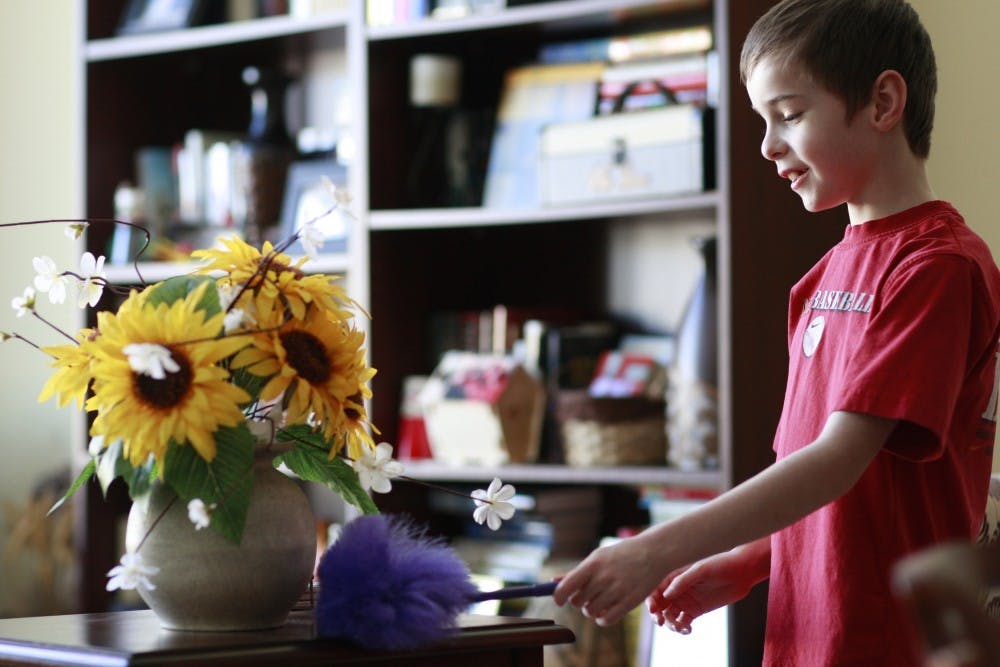My mother always made my family clean our hotel room before housecleaning came. And not just the basic stuff, like picking up dirty clothes or packing up our belongings, but making beds and cleaning up all trash and spills.
At least once, I asked why we had to do the cleaning. After all, a maid was coming by later, wasn’t that her job?
It took me a few years to understand my mom’s response, but when I finally did, it changed how I thought about the world and people’s places in it.
My mom told me that it wasn’t right to just leave messes for other people to clean up, regardless of whether or not they’re paid to do that. All people are responsible for their own belongings and homes, or places they stay — if you want something nice, you take care of it.
However, that doesn’t seem to be the case in a lot of other households.
At least once a week, while walking to school or just wandering around neighborhoods, I walk by houses with landscaping crews out front or cleaning vans parked outside.
The U.S. Department of Labor Bureau of Labor Statistics estimates that there were 877,980 maids and 821,750 landscapers working nationwide as of May 2011. Maids got paid a mean of $21,440 a year; landscapers, $25,650. For reference, elementary school teachers, who nearly everyone will acknowledge are paid very little, earn a median salary of $51,660 each year.
But we need teachers. Hardly anybody actually needs a residential housekeeper or a yard crew. We’re perfectly capable of cleaning our own houses and mowing our own lawns, and if that’s too much work, maybe it’s time for a smaller house.
Political blogger Matthew Yglesias wrote in spring 2011 about the “Yoga Instructor Economy,” a developing economic system based on personal services. Other economists have posed similar ideas and it makes sense, in a way. Manufacturing jobs have largely gone away and computers or people in India are capable of doing a lot of our cubicle-based jobs.
More and more people are employed to provide unnecessary services — there are personal shoppers for people who can’t make it to the store themselves or simply have terrible taste; permanent dog walkers for people who can’t care for their own pets; personal trainers and weight coaches and all sorts of guides for living every aspect of one’s life.
And we have groups of men and women who clean our toilets and weed our lawns while we spend more money outsourcing the rest of our lives to other service providers.
At some point, it’s necessary to stop and take possession of your own life, and all the dirt and grime that comes with it. We’re all big kids; we can clean up our own messes.
Reach the news editor at julia.shumway@asu.edu or follow @JMShumway on Twitter.
Like The State Press on Facebook and follow @statepress on Twitter.




